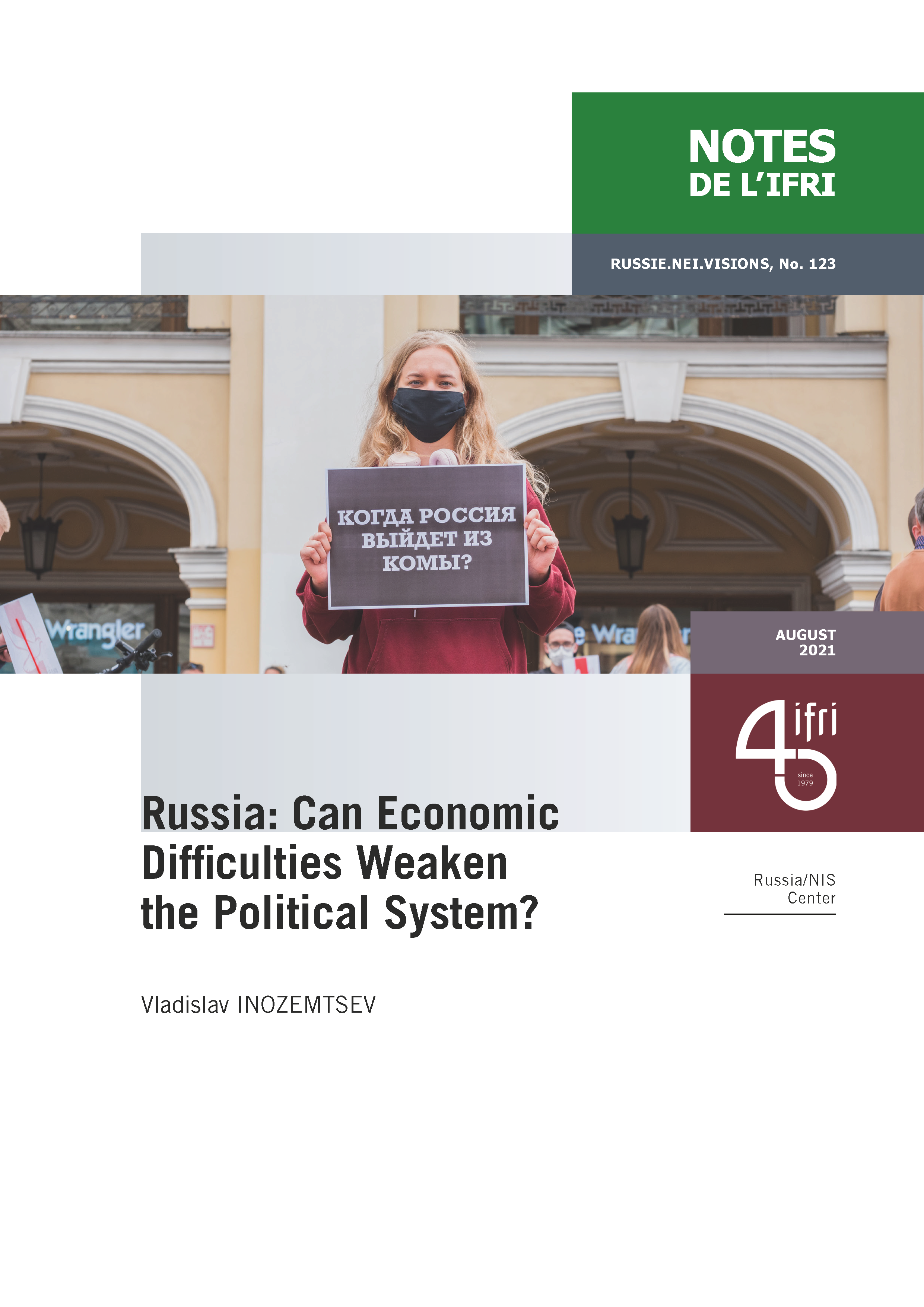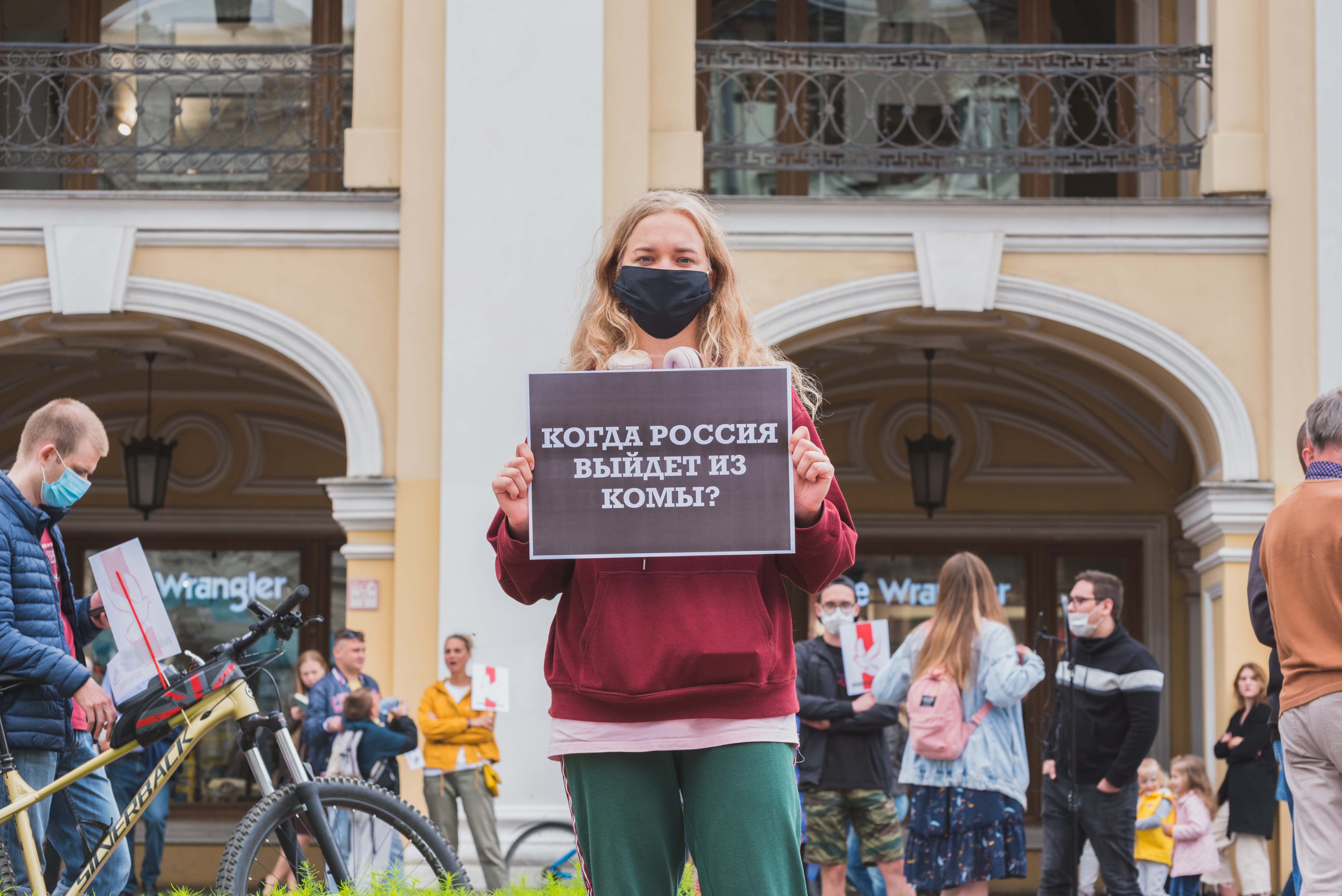Russia: Can Economic Difficulties Weaken the Political System?

Year after year, Russian liberal politicians and experts have been promising radical changes in Russia’s economics and politics, which, they believed, would lead to the collapse of the Putin regime.

Domestic protests, Western sanctions, oil price fluctuations and public discontent caused by a drop in living standards are only some of the causes that could lead to such a development. However, neither the Covid-19 pandemic, instability in the global energy markets nor massive street protests earlier this year managed to undermine the foundations of the Russian political system. The reasons for their failing to do so were obvious: the Russian economy is far from being the disaster that foreign observers like to portray; people are willing to survive by relying on themselves alone; and the protests in Putin’s Russia are more a way to express personal opinion than a tool to achieve the goals of masses of dissatisfied citizens. The last two decades indicate that neither political liberties nor opportunities for business are primary values for Russians. Russian society does not reject the apparent tightening of the regime, it does not demand that living standards be maintained, and it does not close its ranks in response to repression of dissenters. Meanwhile, Western economic sanctions have made almost no impact on government bureaucracy, since these days it prefers to concentrate its business domestically while reducing its contacts with the outside world to a minimum.
Let’s be frank: Russia is not a “slightly distorted” version of a Western nation. Its “uniqueness” is too profound for developing policy based on expectations that one day Russia becomes a “normal country”. Instead, Moscow’s negative impact on Western nations and their allies should be strictly limited while Russia is left to go on its own path until it reaches an economic dead end and finally realizes the need for changes—as happened to the USSR due to its economic and technological failures.
Vladislav Inozemtsev, PhD, is a Russian economist, and founder and director of the Moscow-based Centre for Research on Post-Industrial Societies since 1996.
Download the full analysis
This page contains only a summary of our work. If you would like to have access to all the information from our research on the subject, you can download the full version in PDF format.
Russia: Can Economic Difficulties Weaken the Political System?
Related centers and programs
Discover our other research centers and programsFind out more
Discover all our analysesThe Caspian Sea as an Emerging Energy Hub : Potentials and Limitations
This report analyzes the prospects of the Caspian Sea region — and its key actors except for Russia and Iran — becoming an important energy hub serving the needs of the European Union (EU).
The European Union's Strategic Test in Georgia
The political crisis brewing in Georgia is of an existential nature for the country. What is at stake is Georgia's future as a democratic and sovereign European nation (EU).
Commanders of Putin's Long War: Purged, Reshuffled and Disgruntled
The trend of reshuffling the Russian top military command in the course of a fast-evolving and far from successful war has progressed unevenly both across the Armed Forces’ structures and in time. The rationale for and timing of the abrupt cadre decisions made by Commander-in-Chief Putin often defy logical explanation, and the rare official clarifications are no more informative than the usual information blackout.
Russian Military Manpower After Two and a Half Years of War in Ukraine
In addition to a military victory in Ukraine, the Russian leadership is planning to build up sizable troop formations for a possible conflict with NATO in the Baltic region and the Kola Peninsula. In particular, current plans aim for the military manpower to grow by about 350,000, reaching a total of 1.5 million soldiers and commanders. In the context of the current conflict in Ukraine, this cannot be accomplished without a new wave of mass mobilization.









